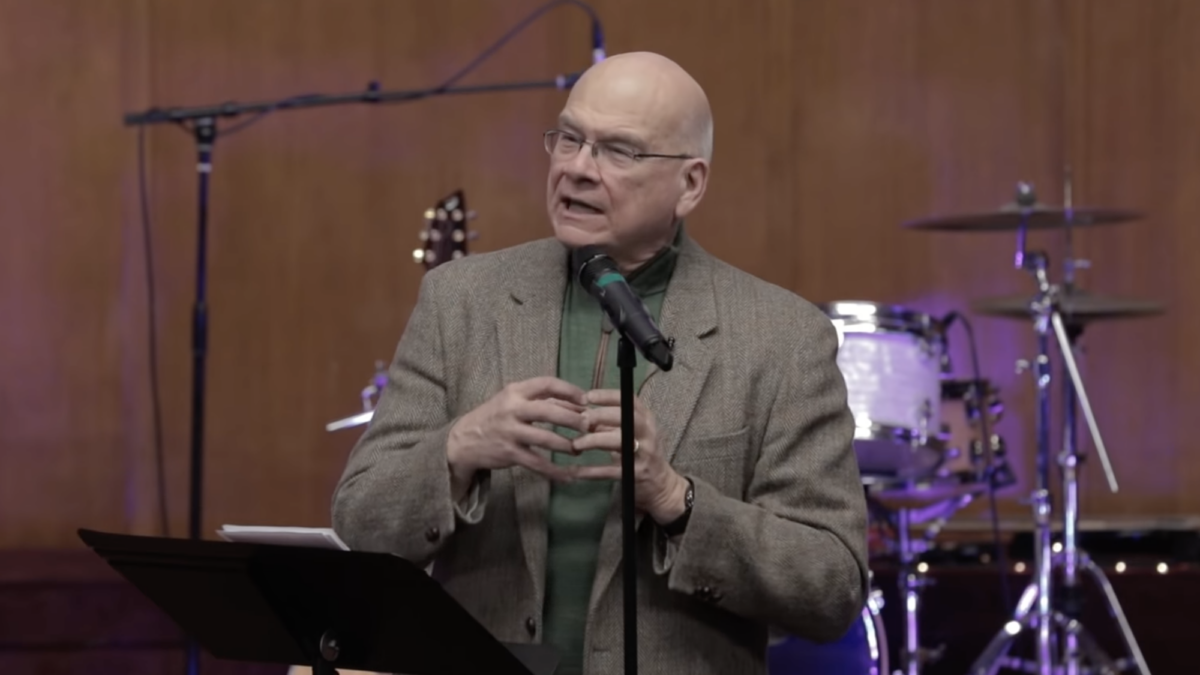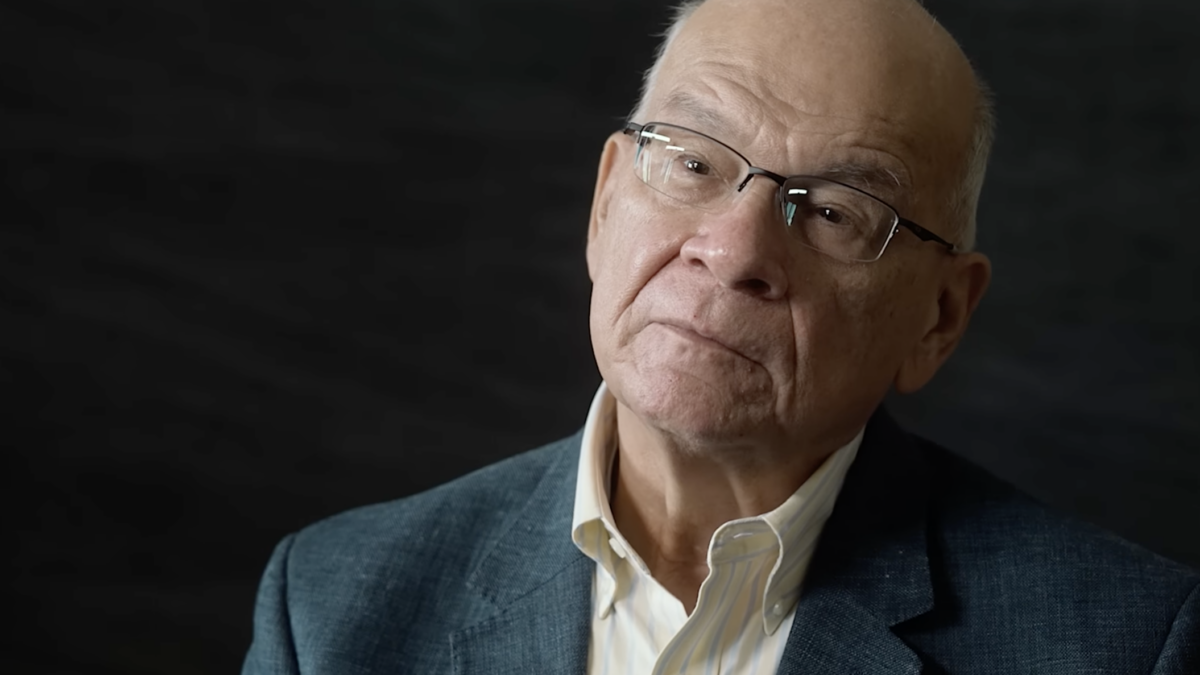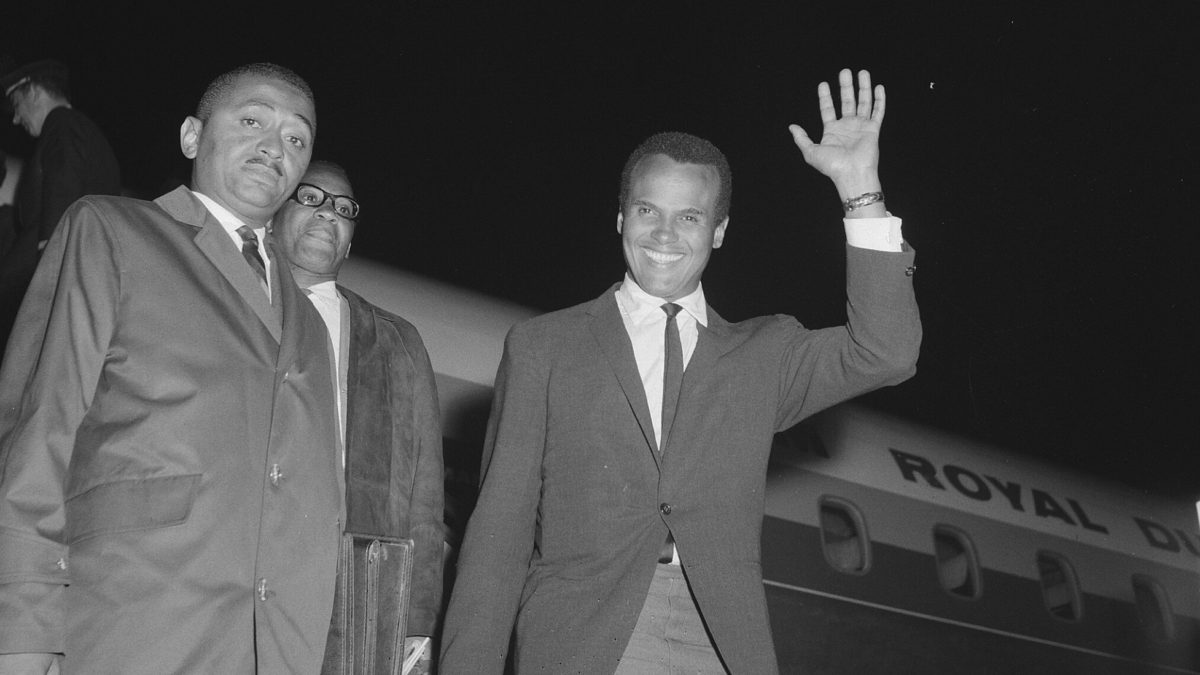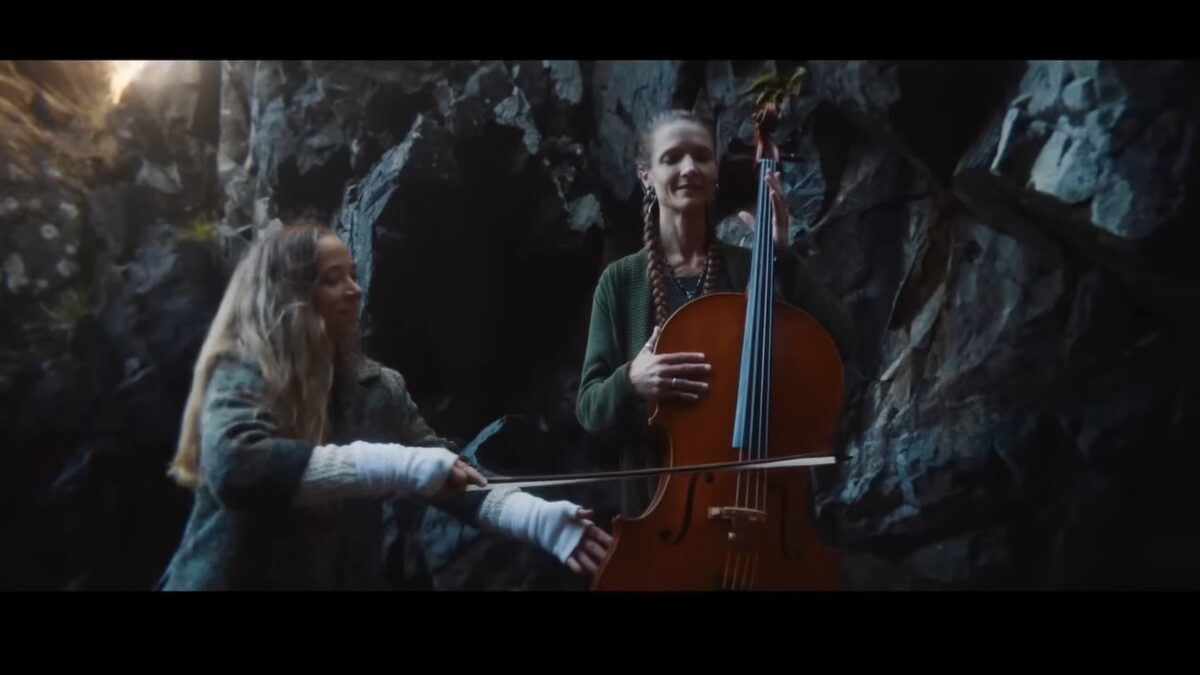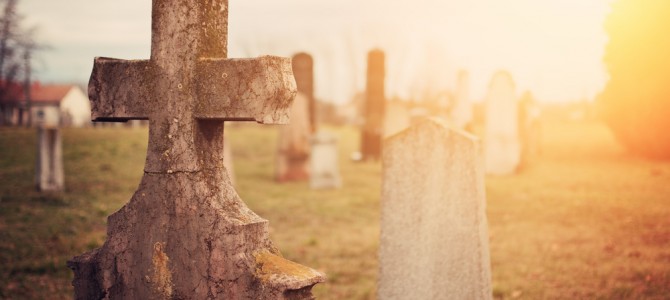
As I meandered along the rock-strewn, dirt paths, a shaft of setting sunlight illuminated the words of a monument passed unnoticed countless times. That Sunday evening, I paused and read, “JOHN P. COOK, DIED DEC. 1894, AGED 72 YEARS, A MAN WHOSE JUDGMENT, STEADY PURPOSE AND STRONG CONVICTION, WITH HIS INTEGRITY, HIGH PRINCIPLES, UNASSUMING MANNERS AND CHARITABLENESS TOWARD MEN CONSTITUTUTED A HARMONIOUS NATURE, FORMED THE CHARACTER OF HIS CHILDREN AND BUILT A WIDE INFLUENCE FOR GOOD… THE WORLD IS BETTER FOR HIS HAVING LIVED.”
Some might think it odd to take a long walk through a cemetery the Sunday before college graduation. It is a time of celebration and fond reflection on favorite classes and professors, Saturday night bashes, and cheering the home team covered in war paint. These backward glances only anticipate the big event: graduation, the symbol of each graduate’s hazily successful, undefined future. Yet the liberal arts teach that we must look back to look forward—and not just back to four transient years, but to the minds, the hearts, the legacies of those who came before.
This is a difficult concept for the modern to grasp. Death—so morbid. Eternity—like it exists. Time—malleable to our hasty lives. The easier society makes it to live, the harder it becomes to confront death. Perhaps action movies gushing blood across ubiquitous screens satisfy a subconscious need to be numbed to mortality. Death uncomfortably heightens awareness of life, its passage, and the temporal and eternal consequences of action. We would rather blind ourselves to eternity’s significance with senseless pleasure in an endless present.
Death Will One Day Claim Us All
Too often, I think of my college town as Podunk, Michigan in the barren wasteland of the rural Midwest. How consumer “civilization” blinds us. The town may not have a Starbucks, the Wal-mart down the road may represent the biggest store for miles, but this humble town offers something far more valuable than the signs of material prosperity. Its people know and help each other—and they have character.
Although its residents circa 2015 may lack the resources to purchase inscribed marble obelisks to honor their loved one’s legacy, fake flowers and American flags planted at the sides of modest headstones testify all the same to lives well-spent cultivating family, friends, and community.
A run-down, 1950s-era Chevy Bel Air pulled alongside a grave last Sunday. Out hopped a spry elderly woman with a push lawnmower, a watering can, and a bunch of lilies. Someone’s grave received a tender sprucing before the car pulled away into the dwindling evening.
At the dawn of the portable timepiece, many bore a momento mori. Far dourer than “time flies,” these clocks tolled: “This may be your final hour.” Again, we think: macabre. They thought: anticipating eternity spurs each person to attain the good life in the present.
Eternity’s View of Today and Tomorrow
A related lesson from the eternal view reveals that the thwarting of the will develops character and expands knowledge. As many works as I have read and as many papers as I have written about fate, providence, nature, or events that frustrate a character’s desire and thus enable intellectual, moral, or spiritual growth—Aeneas, Dante, David Copperfield—as many historical figures as I have studied who accomplished great, unimagined triumphs thanks to early-extinguished hopes, only my Sunday evening cemetery walk reminded me to apply that truth to my own life.
Reading the birth and death dates of a veteran of the War of 1812, infants lifeless in the womb, and a woman my grandmother’s age, I saw my future with new eyes—the comprehensive vision of the past: Life is fleeting, but striving makes it rich. Time is precious because it holds potential. Although no person can divine the future, each individual should contemplate eternity because it will inspire her to invest in the present, to practice the highest virtues of which man is capable, to pursue the greatest achievements for which her talents fit her, to embrace the thwarting of self as a providential experience of humility, for from self-knowledge springs abundant wisdom.
As the graduates of 2015 cross stages and receive their diplomas, may they not remember the speaker’s gratuitous encouragement to live their dreams and “just do you.” Let each graduate regard eternity and ask, “What will I leave when I am gone? How will I endow my time, my life with value?” Let each strive to earn the words marked deep in the stone of a monument in little Hillsdale, Michigan: “THE WORLD IS BETTER FOR HIS HAVING LIVED.”


